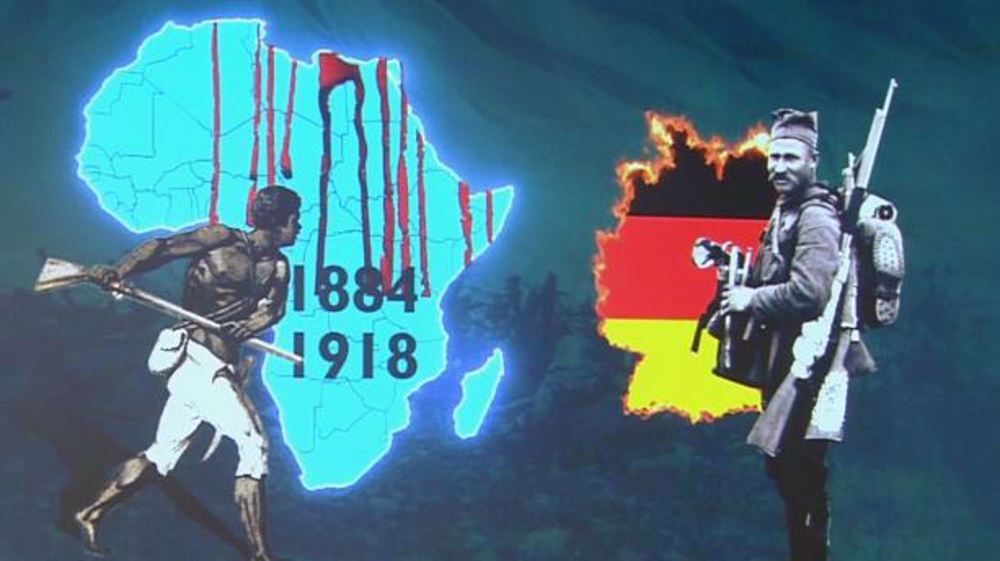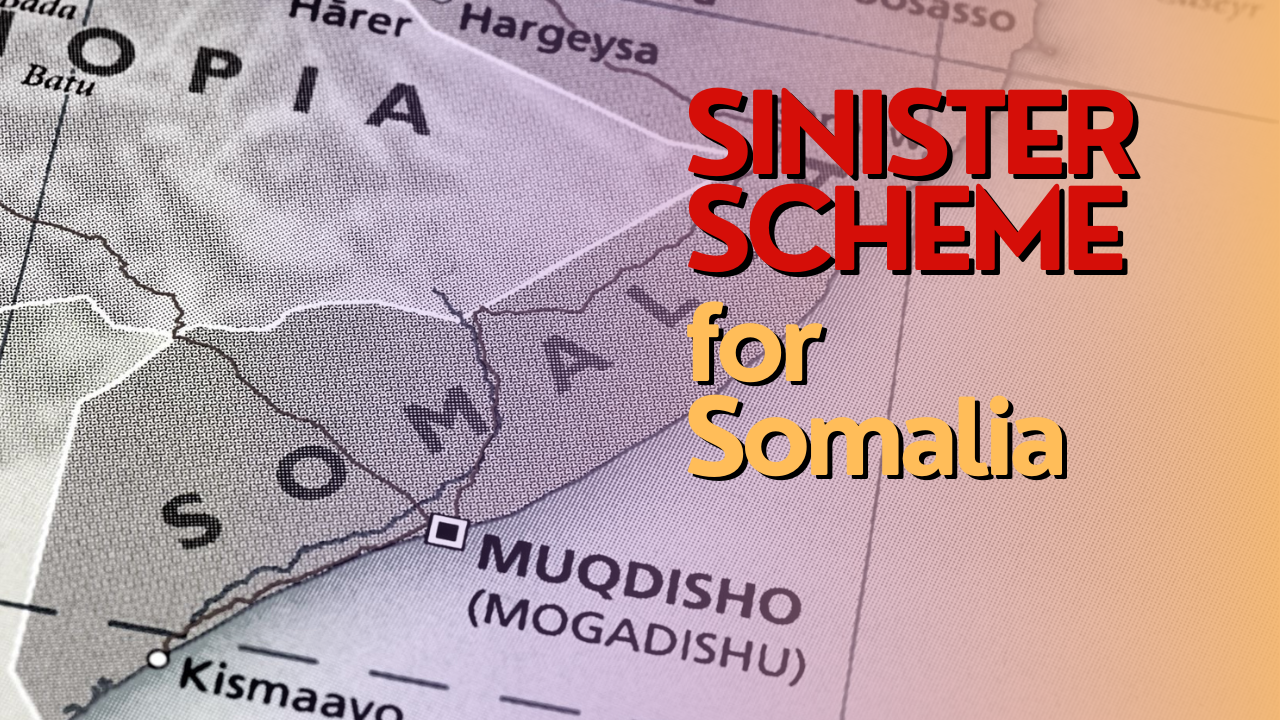Mozambique: Dictatorship Or Slow Shuffle Towards Democracy?
Last October, Mozambique's ruling party Frelimo and its candidate Filipe Nyusi won presidential and legislative elections. Frelimo has been in power since Independence in 1975. Long standing tensions with Renamo, the opposition group, surfaced again this month when Renamo boycotted the opening of parliament in protest at the election results and threatened to form a parallel government. In the studio with Vuyiswa Ngqobongwana to discuss the political situation in this Southern African country are, Thamsanqa Zhou, a political commentator on Southern African affairs, Jonathan Offei-Ansah, Publisher of Africa Briefing Magazine. And on the line from Mozambique is Boaventura Monjane, a journalist and social activist.
Civil society groups (CSOs), which are the bedrock of local democracy, are finding it hard to thrive. The lack of political space prevents CSOs, particularly those in rural areas, from effectively voicing their concerns. Some progress has been made though and some important steps, such as the Consultative Councils, have been taken. Challenging events like the perennial floods, has drawn the word's attention to Mozambique, plus the tragic deaths of people drinking poisonous home made beer, made headline news globally. Yet little coverage was given to last October's election and where Mozambique sits in the index of Africa's working democracies.
The lack of more substantial progress can be partially explained by the relatively short period of stability Mozambique has enjoyed since the end of the civil war. The Civil War began in 1977, two years after the end of the war of independence. The ruling party, Front for the Liberation of Mozambique (FRELIMO), was violently opposed from 1977 by the Mozambique Resistance Movement (RENAMO) which received funding from White Rhodesians and later the South African Apatheid regime. About one million people died in fighting and from starvation, five million civilians were displaced, and many were made amputees by landmines, a legacy from the war that continues to plague Mozambique. Fighting ended in 1992 and the country's first multi-party elections were held in 1994.
AY/NN
Diplomat discourages recourse to pressure, intimidation, confrontation against Iran
UN: 2024 deadliest year for aid workers amid genocide in Gaza
Gaza health official warns of hospital shutdowns within 48 hours
Israel kills 5 more paramedics in southern Lebanon: Health ministry
Iran to launch ‘new, advanced’ centrifuges in response to IAEA resolution: AEOI
Yemen fires hypersonic missile at Israeli airbase
VIDEO | New Delhi chokes under toxic smog as air quality remains at hazardous levels
VIDEO | Press TV's news headlines









 This makes it easy to access the Press TV website
This makes it easy to access the Press TV website